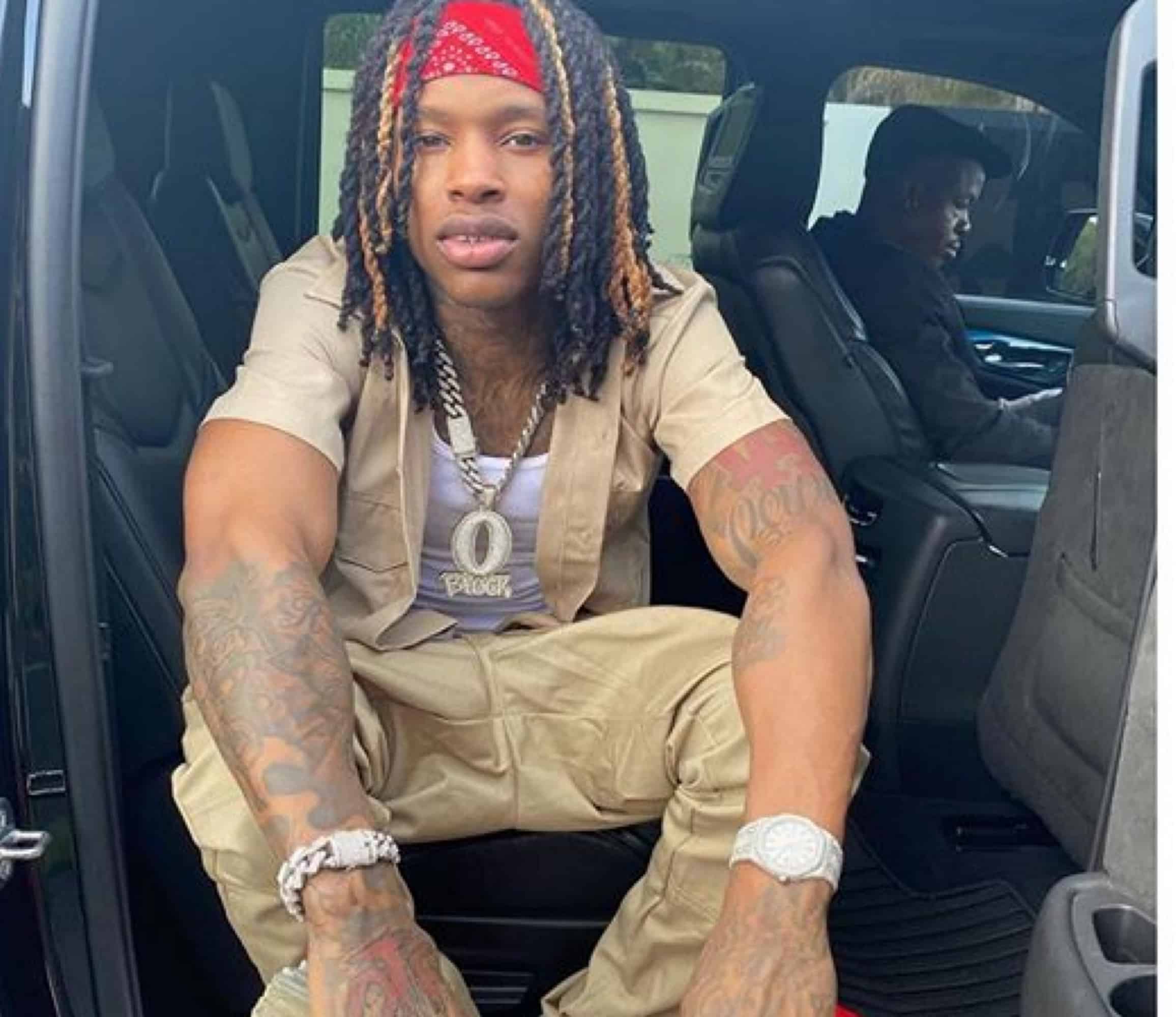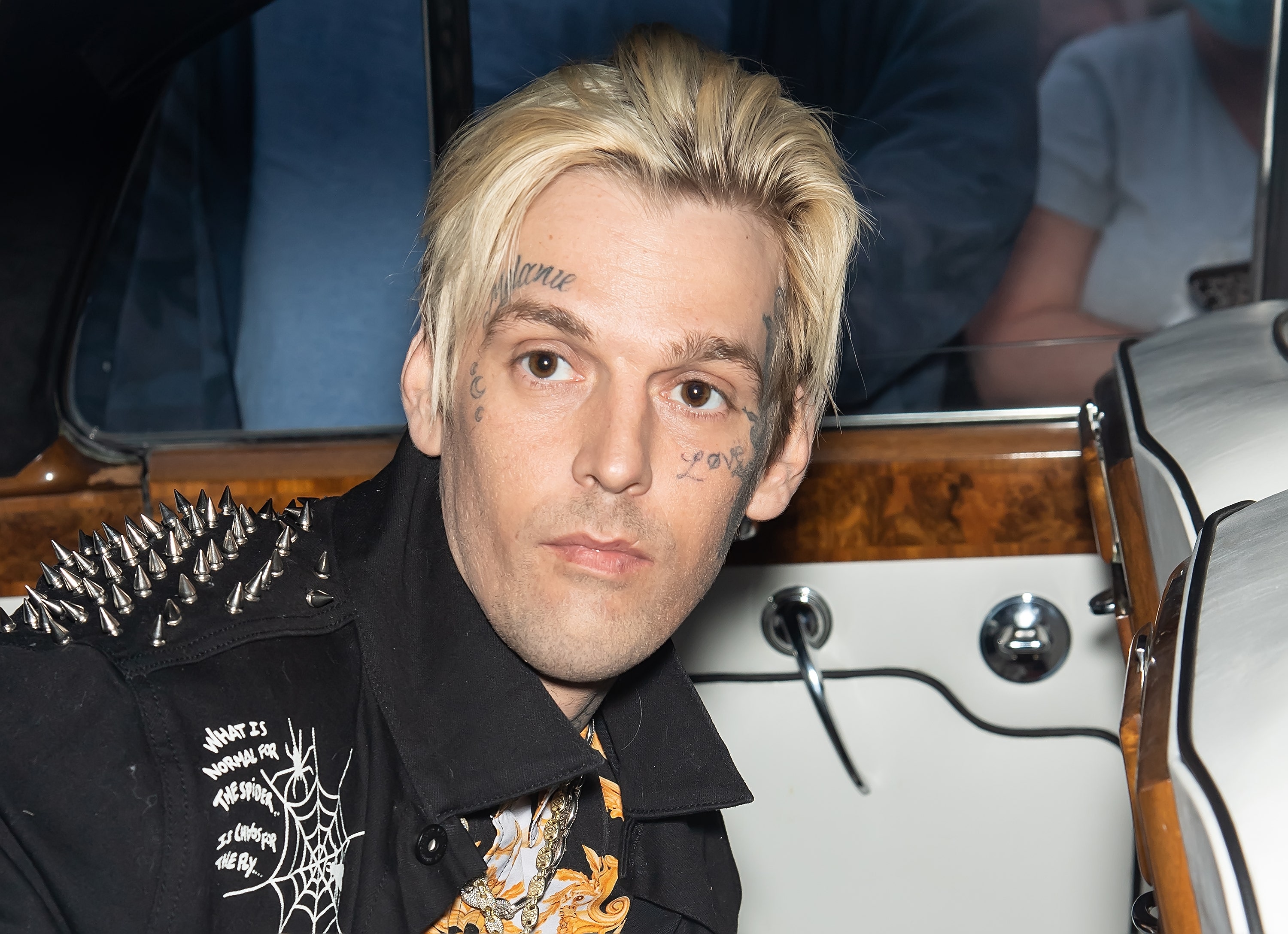Unveiling The Truth: King Von Autopsy Photos And Their Implications
King Von’s story continues to resonate deeply within the music world, even after his untimely passing. The release—or alleged release—of his autopsy photos has sparked a whirlwind of debates, emotions, and questions about privacy, ethics, and the culture surrounding celebrity deaths. But what’s really going on here? Let’s dive in and separate fact from fiction.
When you think about King Von, it’s hard not to picture the raw energy and authenticity he brought to the table. His music wasn’t just noise—it was a reflection of his life, struggles, and triumphs. And now, with the buzz around his autopsy photos, we’re left wondering if this is yet another way for people to exploit his legacy or if there’s a deeper meaning behind it all.
This isn’t just about gossip or tabloid headlines. It’s about understanding the implications of how we treat public figures after they’re gone. Is it okay to share autopsy photos? What does it say about our society when such sensitive material becomes clickbait? Let’s explore these questions and more as we break down the truth behind King Von’s autopsy photos.
- Kevin James Weight And Height How It Impacts His Career
- Unlock The World Of Ullu Web Download Your Ultimate Guide
Who Was King Von? A Quick Bio
Before we get into the nitty-gritty, let’s take a moment to remember who King Von was. Born Dayvon Bennett on October 22, 1994, in Chicago, Illinois, King Von was more than just a rapper—he was a storyteller. His music often delved into themes of street life, relationships, and personal growth, resonating with fans across the globe.
Here’s a quick breakdown of his life:
| Full Name | Dayvon Bennett |
|---|---|
| Date of Birth | October 22, 1994 |
| Place of Birth | Chicago, Illinois |
| Occupation | Rapper, Songwriter |
| Notable Albums | “Welcome to O’Block” |
| Date of Death | November 9, 2020 |
King Von’s impact on the music scene was undeniable, and his tragic death left fans reeling. But as we’ll see, his story didn’t end with his passing.
- Movierulz Today 2023 Your Ultimate Guide To Streaming Movies
- Viral Kandcom The Ultimate Guide To Understanding Its Rise Impact And Significance
The Controversy Surrounding King Von Autopsy Photos
Now, let’s talk about the elephant in the room: the autopsy photos. The internet is flooded with claims and counterclaims about whether these photos exist and, if so, what they reveal. Some say they’re real; others claim it’s all fake news. So, what’s the deal?
What Are Autopsy Photos?
Autopsy photos are images taken during a post-mortem examination. They’re usually kept confidential and are only accessible by authorized personnel, like medical examiners or law enforcement. However, in some cases, these photos leak to the public, sparking outrage and ethical debates.
In King Von’s case, the rumors started swirling almost immediately after his death. People were curious—some even morbidly so—about the details surrounding his passing. But is satisfying public curiosity worth invading someone’s privacy?
Why Are People So Interested?
Let’s be real: people are fascinated by death, especially when it involves a public figure. It’s not just about morbid curiosity, though. For many fans, understanding the circumstances of King Von’s death is a way of honoring his memory. But where do we draw the line between respect and exploitation?
Here are a few reasons why people might be interested:
- Desire for closure
- Curiosity about the details
- Media hype and sensationalism
- Interest in the broader issues surrounding gun violence
Legal and Ethical Implications
Now, let’s shift gears and talk about the legal and ethical side of things. Sharing autopsy photos without consent is a serious violation of privacy. In most cases, it’s also illegal. So, why do people still do it?
The Law on Autopsy Photos
In the United States, autopsy photos are considered private property. Without explicit permission from the deceased’s family, sharing them can result in legal consequences. However, enforcement can be tricky, especially when photos are shared online.
For instance, if someone leaks King Von’s autopsy photos, they could face charges for violating privacy laws. But what about platforms that host such content? Are they liable too?
Ethical Considerations
Legality aside, there’s also the ethical question of whether it’s right to share such sensitive material. Think about it: these photos aren’t just images—they’re a representation of a person’s final moments. Respecting someone’s dignity, even in death, is crucial.
Some argue that sharing autopsy photos can raise awareness about important issues, like gun violence. While that’s true, it’s essential to weigh the benefits against the harm caused to the deceased’s loved ones.
Impact on Family and Fans
When autopsy photos leak, the impact on the deceased’s family and fans can be devastating. It’s one thing to grieve a loss; it’s another to have your loved one’s final moments exploited for public consumption.
How Families Are Affected
For families, seeing autopsy photos of their loved ones can be traumatizing. It’s a violation of trust and privacy, adding another layer of pain to an already difficult time. In King Von’s case, his family has been vocal about their desire to protect his legacy and memory.
Here’s what some family members have said:
- “It’s disrespectful to share such personal content without permission.”
- “We want to remember King Von for his music and impact, not his death.”
Fans’ Reactions
Fans, too, have mixed feelings about autopsy photos. While some believe they have a right to know the truth, others feel that respecting privacy is more important. It’s a delicate balance, and opinions vary widely.
What do you think? Should fans have access to such intimate details, or is it better to focus on the positive aspects of King Von’s life and career?
The Role of Media
Media outlets play a significant role in shaping public perception. When it comes to King Von’s autopsy photos, they’ve had a hand in both informing and sensationalizing the story.
Responsible Journalism
Responsible journalism means reporting facts without exploiting tragedy. It’s about giving people the information they need without crossing ethical boundaries. Unfortunately, not all outlets adhere to these principles.
Some media companies prioritize clicks over integrity, leading to the spread of misinformation and harmful content. It’s up to readers to discern credible sources from those that prioritize profit over ethics.
Combatting Misinformation
Misinformation spreads fast online, and it’s often hard to separate fact from fiction. That’s why it’s crucial to rely on trustworthy sources when seeking information about sensitive topics like King Von’s autopsy photos.
Here are a few tips for identifying credible sources:
- Check the author’s credentials
- Look for supporting evidence
- Verify information with multiple sources
Social Media and the Spread of Content
Social media platforms have become a double-edged sword in the age of information. On one hand, they allow people to connect and share experiences. On the other, they can be breeding grounds for harmful content.
How Autopsy Photos Spread Online
When photos like King Von’s autopsy images leak, they can go viral in minutes. Platforms like Twitter, Instagram, and TikTok make it easy for users to share content, whether it’s benign or controversial. But with great power comes great responsibility.
Many platforms have policies against sharing explicit or violent content, but enforcement can be inconsistent. It’s up to users to report violations and hold platforms accountable.
User Responsibility
As users, we have a responsibility to think critically about the content we consume and share. Before reposting something, ask yourself: Is this respectful? Is it accurate? Does it contribute positively to the conversation?
Small actions can make a big difference. By choosing to engage responsibly, we can help create a safer, more respectful online environment.
Broader Implications for Celebrity Culture
The controversy surrounding King Von’s autopsy photos isn’t just about him—it’s a reflection of a larger issue in celebrity culture. How do we honor public figures without commodifying their lives and deaths?
Celebrity Grief and Public Curiosity
Celebrities often live in the spotlight, and their lives become public property. But where do we draw the line between healthy curiosity and invasive behavior? It’s a question that’s been debated for decades, and it’s unlikely to go away anytime soon.
King Von’s story highlights the tension between respecting privacy and satisfying public demand. As fans, it’s important to remember that these figures are human beings with families, friends, and legacies that deserve to be honored.
Creating Positive Change
Rather than focusing on the negative aspects of celebrity deaths, we can use these moments as opportunities for positive change. For instance, King Von’s music often addressed issues like gun violence and systemic inequality. By continuing to support causes he cared about, we can ensure his legacy lives on in meaningful ways.
Conclusion: What Can We Learn?
As we wrap up this discussion, it’s clear that the controversy surrounding King Von’s autopsy photos is multifaceted. It’s about privacy, ethics, media responsibility, and the culture of celebrity worship. But most importantly, it’s about remembering King Von for who he was—a talented artist whose music touched countless lives.
So, what can we do moving forward? Here are a few takeaways:
- Respect privacy, even in death
- Seek credible information from trustworthy sources
- Engage responsibly on social media
- Honor legacies through positive action
Let’s take a moment to reflect on King Von’s impact and think about how we can contribute to a more respectful, informed society. And hey, if you’ve got thoughts or questions, drop them in the comments below. The conversation doesn’t have to end here!
Thanks for reading, and don’t forget to check out our other articles for more insights and updates. Until next time, stay curious, stay respectful, and keep it real.
Table of Contents
Article Recommendations
- Hd Movies 4u Hub Your Ultimate Destination For Highquality Entertainment
- Moviesda Movie Download 2024 Your Ultimate Guide To Stream And Download Movies Safely



Detail Author:
- Name : Jorge Marks
- Username : keagan42
- Email : pdaugherty@yahoo.com
- Birthdate : 2006-01-18
- Address : 150 Haley Mews Sawaynhaven, HI 50744
- Phone : 318.600.1873
- Company : Veum PLC
- Job : Tax Preparer
- Bio : Debitis quis fugiat minima. Consectetur aut et sit nobis quos quibusdam asperiores voluptas. Quidem enim et cum fugit.
Socials
linkedin:
- url : https://linkedin.com/in/savion_corkery
- username : savion_corkery
- bio : Quia blanditiis unde quis qui delectus qui et id.
- followers : 591
- following : 961
tiktok:
- url : https://tiktok.com/@savion_official
- username : savion_official
- bio : Officia distinctio consequatur perferendis hic velit culpa.
- followers : 6960
- following : 2050